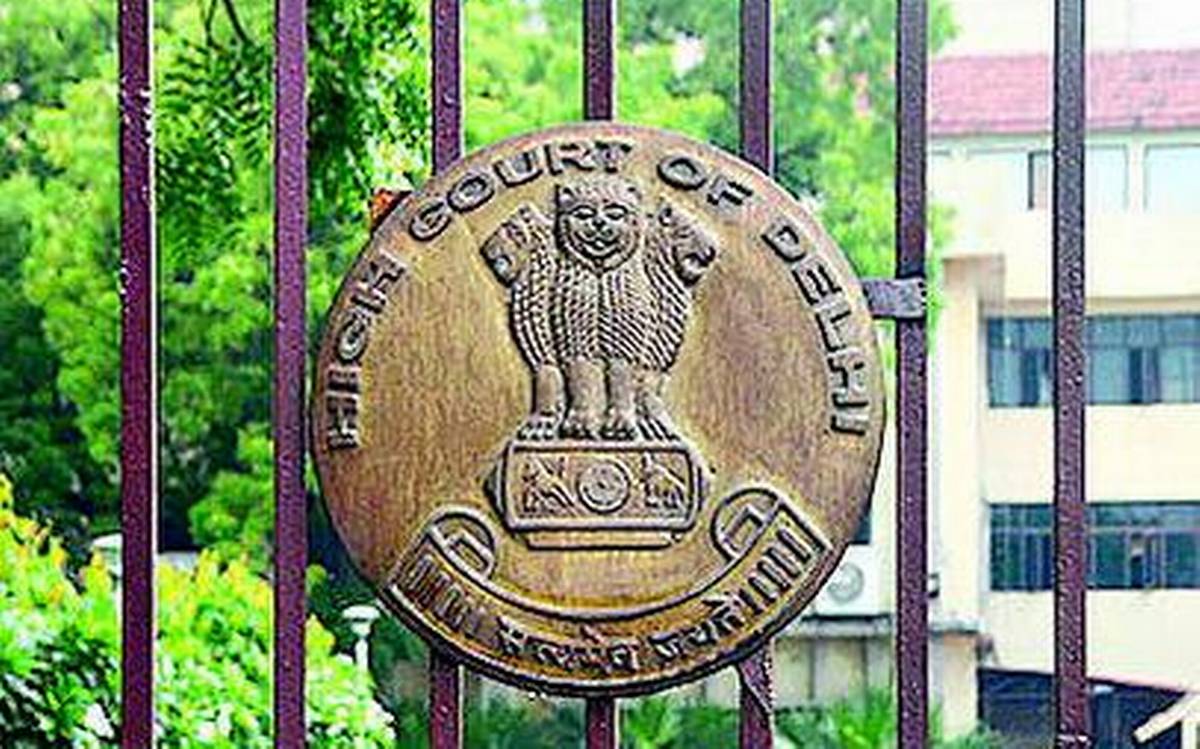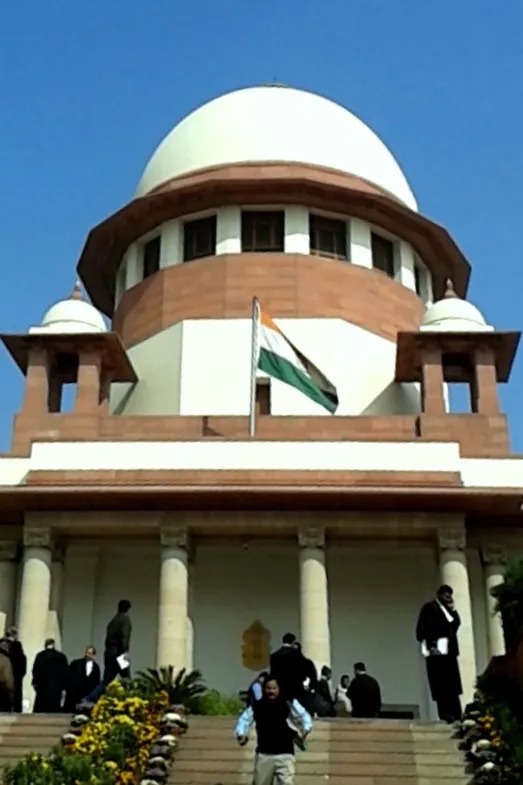S. Chandrashekhar, J.@mdashBy order dated 31.12.2002 the petitioner was awarded punishment of dismissal from service for unauthorized absence of 68 days. The petitioner has approached this Court seeking quashing of the penalty order dated 31.12.2002 and order dated 7.7.2003 whereby his appeal has been dismissed. The brief facts of the case are that the petitioner was appointed as a Constable and he was posted in J.A.P.-6 at Jamshedpur. On 19.8.2002 the petitioner was issued a memo of charge. The petitioner submitted his reply stating that due to heavy flood in the village and sudden land dispute amongst brothers, he could not report for the duty within stipulated time. The enquiry report was submitted on 16.11.2002 in which the charge against the petitioner was found true. The second show-cause notice was issued to the petitioner and on 31st December, 2002 the order of dismissal from service was passed. The appeal of the petitioner was rejected on 7.7.2003.
2. A counter-affidavit has been filed stating that the petitioner was issued notices dated 9.7.2002 and 29.7.2002 requiring him to join the duty immediately, however, the petitioner did not respond and he remained absent for 68 days wilfully. It has been pointed out that during his service tenure of 16 years, the petitioner overstayed on 17 occasions and absconded on one occasion. The order of penalty removing the petitioner from service has been passed on a consideration of the materials on record and thus, the order is not liable to be interfered with by the High Court.
3. Heard learned counsel for the parties and perused the documents on record.
4. The learned counsel for the petitioner has submitted that neither the Enquiry Officer nor the Disciplinary Authority has considered the plea of the petitioner that he was prevented from joining his duty due to reasons beyond his control. He has further contended that past conduct of the petitioner should not have been taken into account. The previous incidences should not have been incorporated in the Charge Memo. The learned counsel for the respondents has supported the stand taken by the respondents in the counter-affidavit.
5. From the record of the case, I find that the petitioner has not disputed his unauthorized absence for 68 days. He has also not disputed the fact that previously he overstayed on 17 occasions and also absconded from the duty. The petitioner sought 15 days more time for submitting his defence in response to second show-cause notice however, even after the expiry of the extended period, the petitioner did not submit his defence and thereafter the Disciplinary Authority passed the penalty order on 31st December, 2002. It has been specifically asserted by the respondents that the petitioner was afforded reasonable opportunity to defend himself and the enquiry was conducted in a fair manner. The plea of the petitioner that he was not permitted to cross-examine the witness, is contrary to the record of the case as in the order of penalty dated 31st December, 2002 it has been mentioned that the delinquent officer refused to cross-examine the witness.
6. In the case of "Queen vs. James Bolton, (1841) 1 QB 66, Lord Denman, C.J., made the following observation which is considered good law even today:--
The first of these is a point of much importance, because of very general application; but the principle upon which it turns is very simple: the difficulty is always found in applying it. The case to be supposed is one like the present, in which the Legislature has trusted the original, it may be (as here) the final jurisdiction on the merits to the Magistrates below; in which this Court has no jurisdiction as to the merits either originally or on appeal. All that we can then do, when their decision is complained of, is to see that the case was one within their jurisdiction, and that their proceedings on the face of them are regular & according to taw. Even if their decision should upon the merits be unwise or unjust, on these grounds we cannot reverse it.
7. In the case of "
7. The High Court is not constituted in a proceeding under Article 226 of the Constitution, a Court of appeal over the decision of the authorities holding a departmental enquiry against a public servant: it is concerned to determine whether the enquiry is held by an authority competent in that behalf and according to the procedure prescribed in that behalf and whether the rules of natural justice are not violated. Where there is some evidence, which the authority entrusted with the duty to told the enquiry has accepted and which evidence may reasonably support the conclusion that the delinquent officer is guilty of the charge, it is not the function of the High Court in a petition for a writ under Article 226 to review the evidence and to arrive at an independent finding on the evidence. The High Court may undoubtedly interfere where the departmental authorities have held the proceedings against the delinquent in manner inconsistent with the rules of natural justice or in violation of the statutory rules prescribing the mode of enquiry or where the authorities disabled themselves from reaching a fair decision by some considerations extraneous to the evidence and the merits of the case or by allowing themselves to be influenced by irrelevant considerations or where the conclusion on the very face of it is so wholly arbitrary and capricious that no reasonable person could ever have arrived at that conclusion, or on similar grounds. But the departmental authorities are, if the enquiry is otherwise properly held, the sole judges of facts and if there be some legal evidence on which their findings can be based, the adequacy or reliability of that evidence is not a matter which can be permitted to be canvassed before the High Court in a proceeding for a writ under Article 226 of the Constitution.
8. In the case of "The
14. This observation clearly indicates that the High Court was attempting to appreciate evidence. The judgment of the Tribunal shows that it considered several facts and circumstances in dealing with the question about the identity of the individual indicated by the expression "Chatrapur Saheb." Whether or not the evidence on which the Tribunal relied was satisfactory and sufficient for justifying its conclusion would not fall to be considered in a writ petition. That in effect is the approach initially adopted by the High Court at the beginning of its judgment. However, in the subsequent part of the judgment the High Court appears to have been persuaded to appreciate the evidence for itself and that, in our opinion, is not reasonable or legitimate.
9. In the case of "

